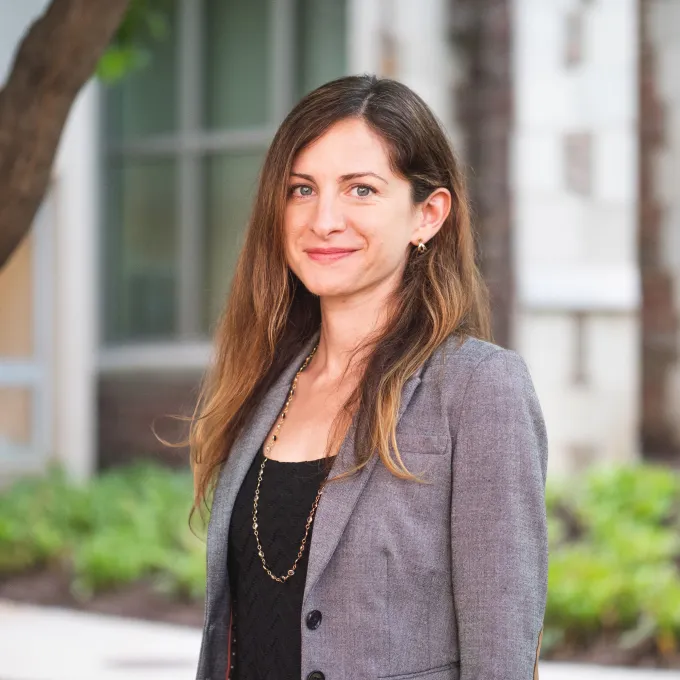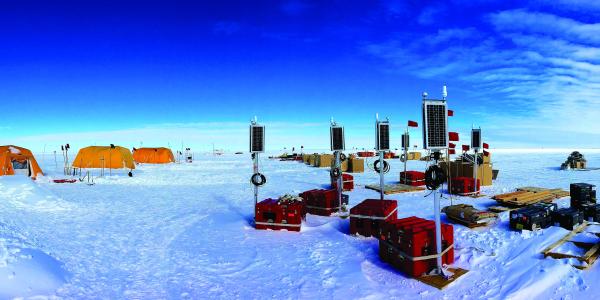Bronwen Konecky’s research investigates climate, water, and ecosystem variations in the Earth’s tropical regions, from the past ~150,000 years to the 21st century.
Konecky's dual focus on ancient and modern systems provides a geologic perspective on present-day climate change, while using present-day climate processes to better understand the geologic past. Her lab's research investigates tropical climate variability and climate change using tools of stable isotope hydrology, paleolimnology, organic geochemistry, and modeling. Her group's work is guided by one overarching question: How does a changing climate affect rainfall and ecosystems in the Earth’s tropical regions?
To address this question, we integrate stable isotope hydrology of modern environments, sedimentary organic geochemistry of past environments, and earth system model experiments that connect the two.
We focus dually on ancient and modern environments in order to provide a geologic perspective on present-day climate change, while using present-day climate change to inform the geologic past.
Konecky received her undergraduate degree in Environmental Science from Barnard College, Columbia University. In her graduate work at Brown University, she studied tropical climate and paleoclimate, focusing on reconstructing past environments using the geochemistry of lake sediments. Her dissertation title was “Decadal to Orbital Scale Climate Change in the Indian Ocean Region: Precipitation Isotopic Perspectives from East Africa and Indonesia.”
After finishing her doctorate, Konecky undertook postdoctoral training in paleoclimate modeling at Georgia Tech and the University of Colorado Boulder, working closely with the National Center for Atmospheric Research in Boulder, CO. From 2014-17, she held postdoctoral fellow and research scientist positions at the Cooperative Institute for Research in Environmental Sciences at the University of Colorado Boulder. She joined the Washington University faculty in January 2018.



